Metal Detecting Tips and Techniques for Beginners
Metal Detecting Tips and Techniques for Beginners
Welcome to the exciting world of metal detecting! If you are new to the hobby, you have landed on a fun and perhaps even a lucrative pastime. Mastering metal detecting takes time and some trial and error, but there are some tips and techniques that will make it easier as you begin your new hobby.
We’ve listed 15 awesome tips for metal detecting beginners, so you can grab your detector and get started swinging.
1 – Buy the best detector you can afford. Even if your budget is limited, buy the best metal detector that you can get for it. You won’t be sorry for spending a little more than you anticipated.
2 – Start in your own backyard. As you are learning about your detector, start by hunting your own yard and areas that are close to your home. This will give you time to practice and get to know your detector.
3 – Expect to find trash. Your metal detector is going to pick up targets that are not worth anything. Expect to find a lot of bottle caps, pull tabs, nails, and pennies. But don’t be discouraged, it is all good practice and you never know what you will find with the next alert.
4 – Dig everything. Until you become accustomed to different sounding alerts, it’s important that you dig every signal from your detector. You don’t want to miss something great because you assume it’s a bottle cap.
5 – Search more, find more. Metal detecting requires persistence. The more time you spend hunting, the more opportunity you will have to find treasure.
6 – Avoid high traffic times. While you do want to hunt in areas that tend to be heavily populated (or that were at one time), it’s easier to navigate your metal detector when there are fewer people around. For example, if you are going to hunt at the local park, don’t go on weekends when there are a lot of families spending time there. Instead go on a weekday or an early morning when there are fewer park goers.
7 – Research first when hunting for relics. If you are specifically looking for relics or antiquities, you need to find historic places, and that requires some research. You can search online, visit the library, talk with local historians, and get access to old maps at your local city hall to help you find the hot spots.
8 – Alternate your hunting sites. If you don’t find anything of value when you hunt the local park today, it isn’t likely that you will find something there tomorrow. Instead of hunting the same sites consecutively, rotate sites to put some time between hunting in the same places.
9 – Hunt early or late in the day. While you don’t want to hunt when it’s getting dark outside, it is a good idea to search early or late in the day to avoid groups of people.
10 – Carry a pouch. You need to have a pouch or bag to carry your finds in. It’s also important that you remove any trash you find, don’t just throw it back. This will save you digging the same trash over and over again when you return to the site.
11 – Search after rain. Not only is wet ground more suited to conductivity, but it will also make it much easier to dig.
12 – Choose comfortable headphones. You don’t have to have headphones, but it will make it easier to pick up on weak signals. If you do choose to wear them, make sure you get some that are comfortable; you may be wearing them for long periods of time.
13 – Always double check holes. When you find one great target in a hole, there might be two! Always rescan the hole before you fill it in.
14 – Slow down. Most new detectorists fall into the habit of swinging their detectors too fast. Slow down your swing, making it even and methodical. When you swing too fast, you are likely to miss something.
15 – Be respectful. Fill in the holes you dig, don’t leave trash behind, and be respectful of any people you come across while you are searching. Whether you like it or not, when you are on a hunt, you are an ambassador for all detectorists, and you should always be mindful of that.
Get Started Hunting
The above tips will help you get started with your new hobby, making it fun and productive. Perhaps the most important tip to remember is to be sure that you always obtain permission to hunt sites before you start searching. You don’t want to get into any trouble or to bring a bad name to other detectorists in your area.
How many times has your very first found been your very best find on a detecting trip? It happens a lot. That’s what detectorists call the “first-find phenomenon.” Of course, it doesn’t always happen that way, but it happens enough that it isn’t explainable by the laws of probability. Probably the most reasonable explanation is what is listed above. At the beginning of a search, you are at your best. Your body and mind are fresh, you are excited and motivated, and you are likely to hunt the best areas first – logically and carefully.
The next time you think that you don’t have time for metal detecting, remember the benefits of a one-hour hunt and grab your gear and get outside. You might be surprised at how great it feels and at what you find. It may be one of your best hunts of the year.

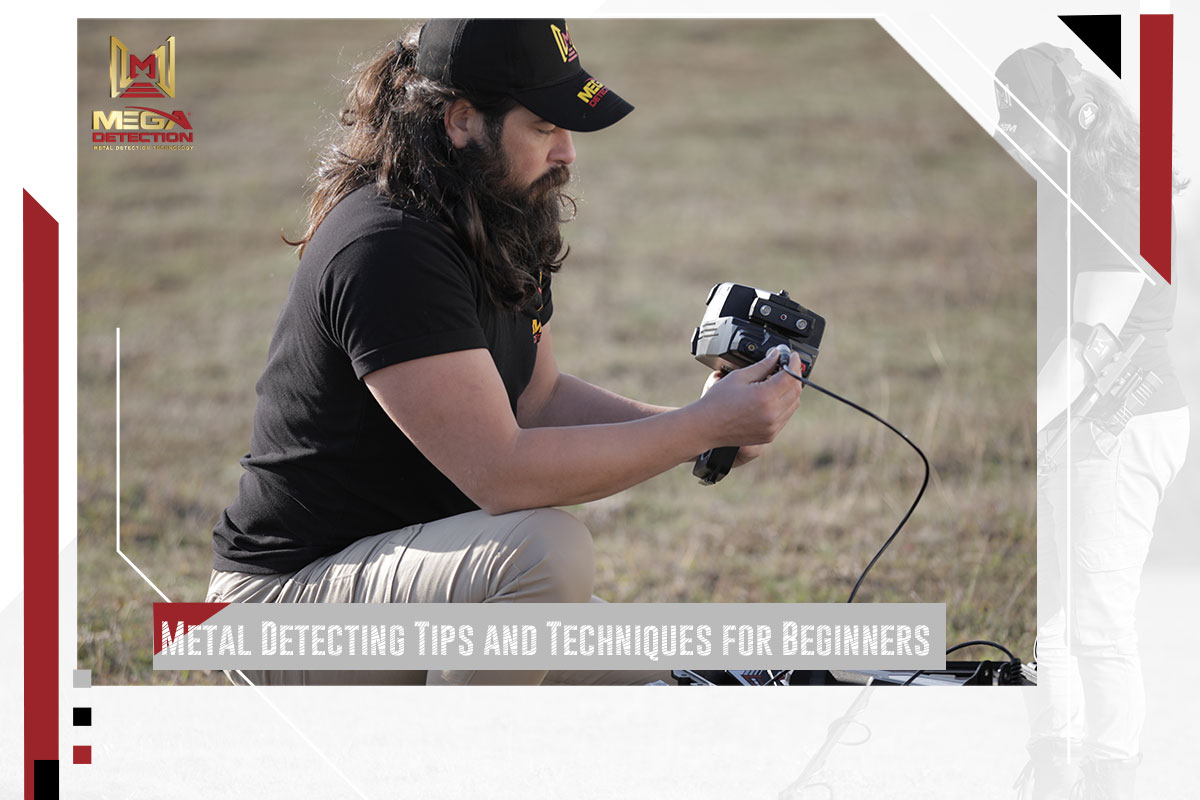

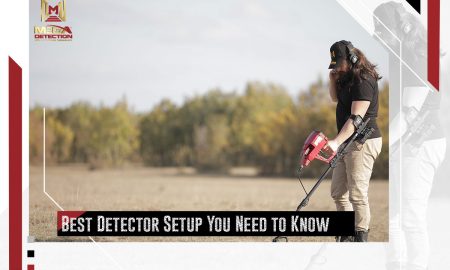

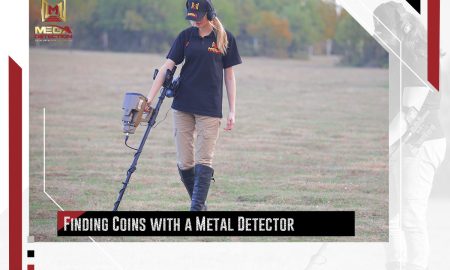
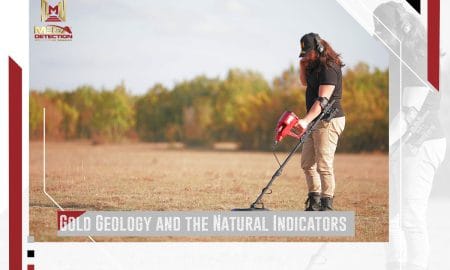
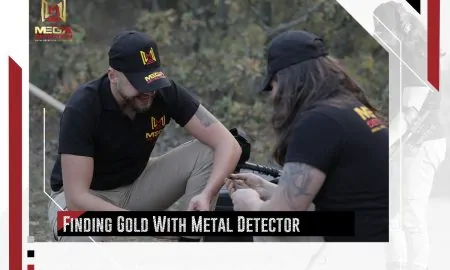

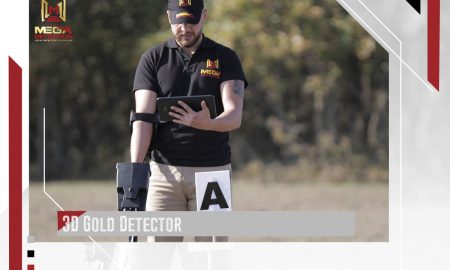


Leave a Reply